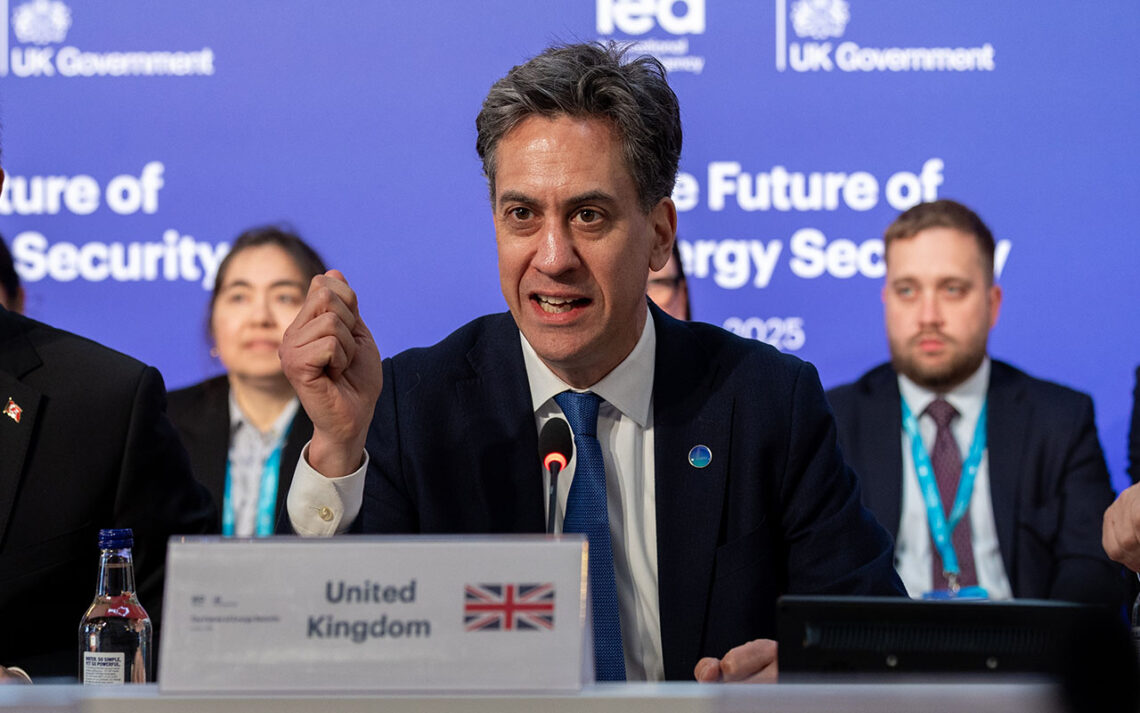In a commentary, The Telegraph writes that the UK’s ambitious goal of reaching zero emissions by 2030 could lead to power cuts similar to those that recently hit Portugal and Spain. They write that the authorities have admitted that it will take “several months” to fully recover if that happens.
The National System Energy Operator, which operates the UK’s electricity grid, published a report in March warning of an increased risk of power outages. The report points out that the transition from “synchronous” power sources, such as gas and nuclear power, to “asynchronous”, renewable sources such as wind, solar and battery storage, is weakening the stability of the network.
Enormous societal costs
The increase in asynchronous energy sources creates technical problems in maintaining the strength of the system. This can lead to frequency deviations and faults in protection systems, increasing the risk of power outages and damage.
To counteract this, the UK should invest heavily in “stability services” such as large-scale battery storage. The cost of such measures is expected to burden taxpayers with £1bn annually by 2030.
During an energy security meeting hosted by Energy Minister Ed Miliband in London, the IEA warned against the “premature phasing out” of reliable, synchronised power sources. Dependence on renewables creates systemic problems during periods of imbalance between supply and demand in renewable-dominated power systems.
The authorities’ risk assessment
A UK government report classifies the risk of a nationwide power outage as “low”, but the consequences will be “devastating”. All consumers without a backup generator would lose their power supply instantly and without warning. It would cause loss of life as well as significant disruption to public services, businesses and households.
The report estimates that a “skeletal structure” of the power grid can be restored within days, but full restoration of critical services could take months.
Last month, we experienced power outages in Spain and Portugal that are claimed to be due to reliance on renewable energy. An outage in the UK in March that closed Heathrow for 24 hours has left Britons wondering about the reliability of the power grid.
Decarbonisation by 2030
Energy Secretary Ed Miliband, who has pledged to decarbonise the UK’s electricity grid by 2030, claims the move to wind and solar power is a “national security imperative” to reduce the country’s exposure to volatile international fossil fuel markets.
In the foreword to the report, Miliband hailed the transition to wind and solar power as an “urgent national security imperative”:
– Families and businesses have been hit hard by the UK’s exposure to volatile international fossil fuel markets.
Shadow Energy Minister Andrew Bowie fears that the UK will experience crises like Spain’s if its course does not change:
– Red Ed’s mad dash towards zero emissions will jeopardise energy security, economic security and national security. Labour must listen to us and change course, before it’s too late.

